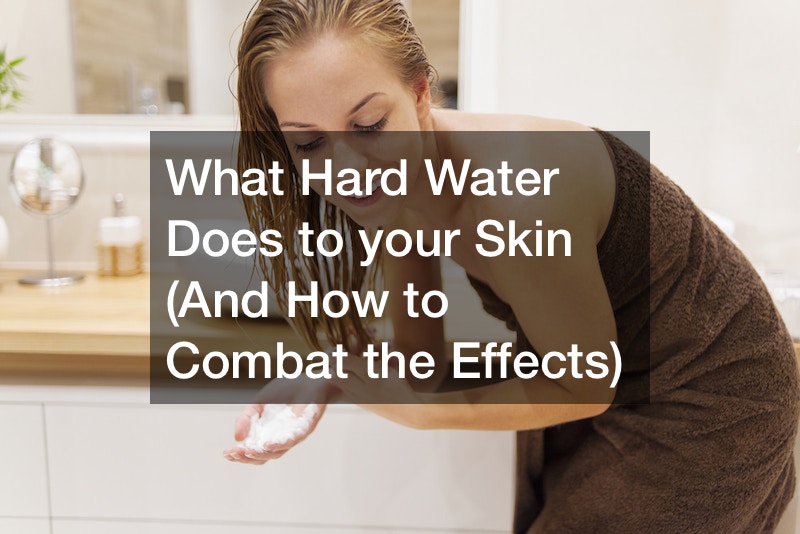Skin sensitivity is increased when water is present. When the skin barrier becomes damaged, dry, fragile, sensitive, inflamed or itchy skin can become more frequent. There is a possibility for the mixture of hard and soap to build up into an aggregate that can block your pores on your skin. This could lead to whiteheads and blackheads. This can lead to eczema and psoriasis. Inadequate skin barrier may also lead to skin conditions that cause rashes or infection.
Another issue associated of hard water is the excessive alkalinity. Skin’s pH is generally acidic. So, contact by hard water could elevate the pH levels. The skin’s natural functions have been disrupted, making it more vulnerable to infection-causing pathogens. According to the study’s lead researcher Dr. Simon Danby, those affected by eczema are more sensitive to the negative effects of hard water than individuals who have healthy skin.
The defective filaggrin gene is responsible for the increased range of sensitivity that is found in approximately 50% of people suffering from an eczema. Eczema occurs in areas where the skin’s most vulnerable, therefore an eczema treatment or skin rejuvenation treatment is likely to target these weak spots. The researchers especially noted a positive correlation between atopic eczema in children as well as those who live in a hard water area. A study entitled “Hard water softening results of baby cleaning products” discovered similar results among Japanese and Spanish children living in regions with hard water.
Scalp and Hair
It can lead to dryness or itching, as well with an increase in skin sensitivity. Your hair could lose color or shine. Based on a study called “Scanning electron microscopy on hair treated with hard water’ published by the PSG Institute of Medical Sciences and Research The hard water decreases hair thickness and contributes to ruffled hair. Mine
a2rph1h8bh.
